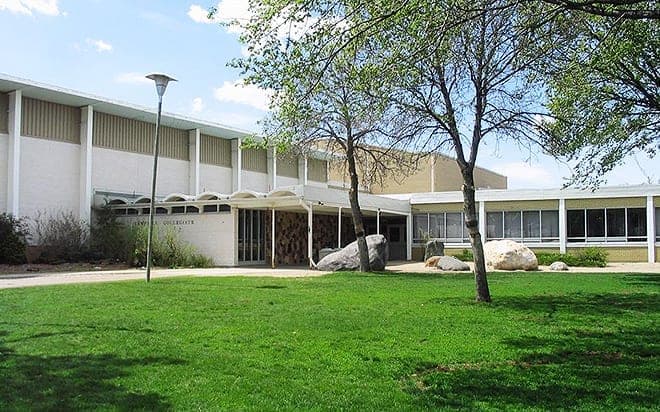Regina Public School Board’s backward logic

As an immigrant to this great city, province, and country, I’ve known one thing very clearly –
that my education is incredibly vital for my identity and success.
My parents have instilled this idea within me since I was young. The stereotypes and generalization may draw that my Asian parents reinforced value on an education to get a high-paying job, but that’s not true. My parents have believed, and still do believe, that an education is the passport to one’s identity – as it places credibility to your passion and vigour and advances one’s intellect to widen one’s perception, knowledge, and compassion. And growing up, I’ve learned that the aforementioned notion is exacerbated for a minority. I arrived in Canada at ten years old and growing up, I experienced conflicting dichotomy between sticking to my Korean culture and wanting to fit in and assimilate to the Canadian way of living. Partially, I dealt with that internal conflict by working to better myself through sports, music, and especially academics. It occurred to me that my identity doesn’t have to be a confined set of western or eastern values, but rather, being shaped by what I know – and pursuing to learn what I don’t know and making myself better each and every day.
Recently, the Regina Public School Board has announced it will no longer offer the International Baccalaureate program, known as the IB program for short. This decision, personally, has upset me, as this program helped me tremendously in shaping my identity. I received my higher-level IB English and history certificates in grade twelve. This program has held value in my life in so many ways. First, the IB curriculum encompassed a holistic, globalized view, which provided greater insight within my studies. For instance, we had an entire chapter of world literature, drawing on translated works from Columbia and Nigeria. These novels had a profound value for all the students, one of which being engaging in discussions on socio-cultural issues within an ethnically diverse classroom. Secondly, the IB program enabled students to challenge the status quo. For instance, the challenging curriculum forced students to adapt better work habits and organization. As well, the extensive ventures such as research papers, theory of knowledge, extended essays, and difficult labs shaped us to think outside the box. [pullquote]My parents have believed, and still do believe, that an education is the passport to one’s identity…”[/pullquote]
Many at the Regina Public School Board claim that the program is expensive and that the AP program is a viable alternative. I’d argue those claims on several fronts, as the IB program is an incredibly positive societal externality. It sets students up for academic success within post-secondary institutions by improving students’ work habits, and allows students to attain university credits. In addition, the curriculum harnesses a global perspective, which in our dynamic and diverse workforces is an invaluable asset. As well, the program allows for professional development for our educators that can diffuse into other areas of our educational systems.
A natural counterargument can be made that an advanced placement program will achieve those objectives at a fraction of a cost. However, the relativist argument isn’t valid because the substance and logistics of the programs are incomparable. There are only a few advanced placement classes at each high school; for example, one high school may offer AP math and psychology while another may offer AP history and English. In contrast, an IB program is holistic and gives students an opportunity to pursue all relevant subjects. As a result, students can diversify their academic pursuits and further develop their work habits and organization due to the strenuous nature of the full course. Secondly, the IB and AP curriculum are vastly different – the AP curriculum is an accelerated program while the IB program is distinct. Therefore, the contents of the curriculum are incomparable.
We treat high schools as a beacon for critical personal development. We encourage students to shape their identities through various extra-curricular activities, through an extensive portfolio of athletic and artistic programs. It seems incredibly backward that we don’t foster this personal growth through the medium of challenging academics, when education is the primary objective of an educational institution. It seems backward that we don’t try and grow this great program through real marketing strategies like going to elementary schools to advertise it. Instead, the school board relocated it so that it has an eventual excuse to eliminate it due to low enrolment in a transition year. And also, it seems incredibly backward that we’d undermine, discourage, and make less of the primary social and economic vehicle in which young from every demographic can shape their identities through education.
The Regina Public School Board should implement strategies and investments that grow our students to shape themselves to be the best that they can be – instead of making their balance sheets look better.










